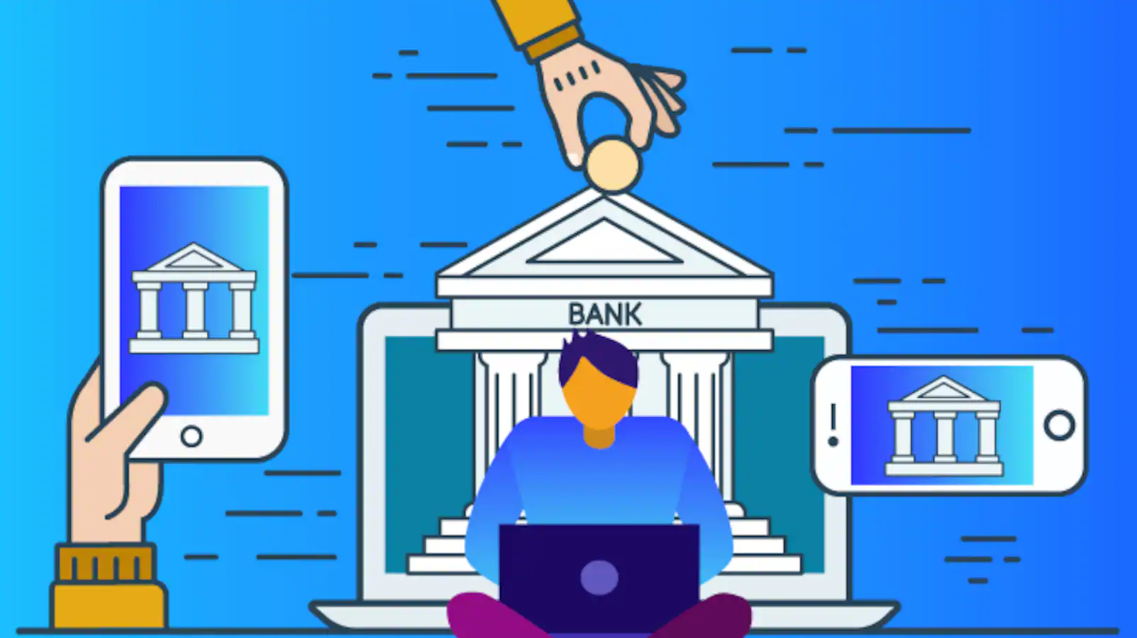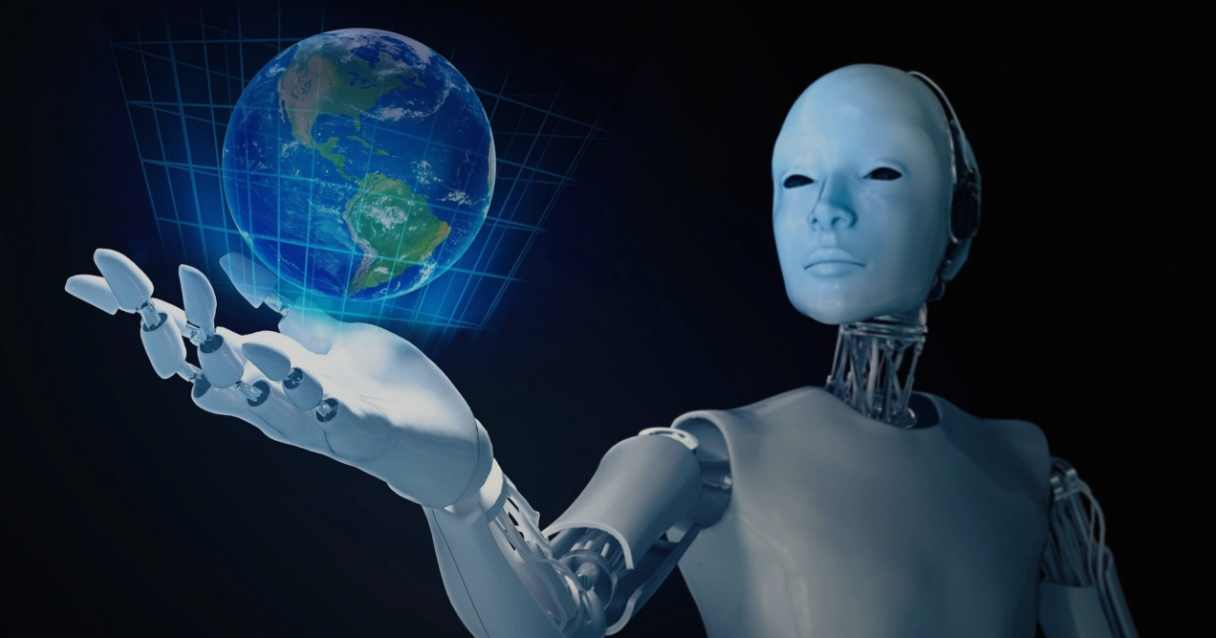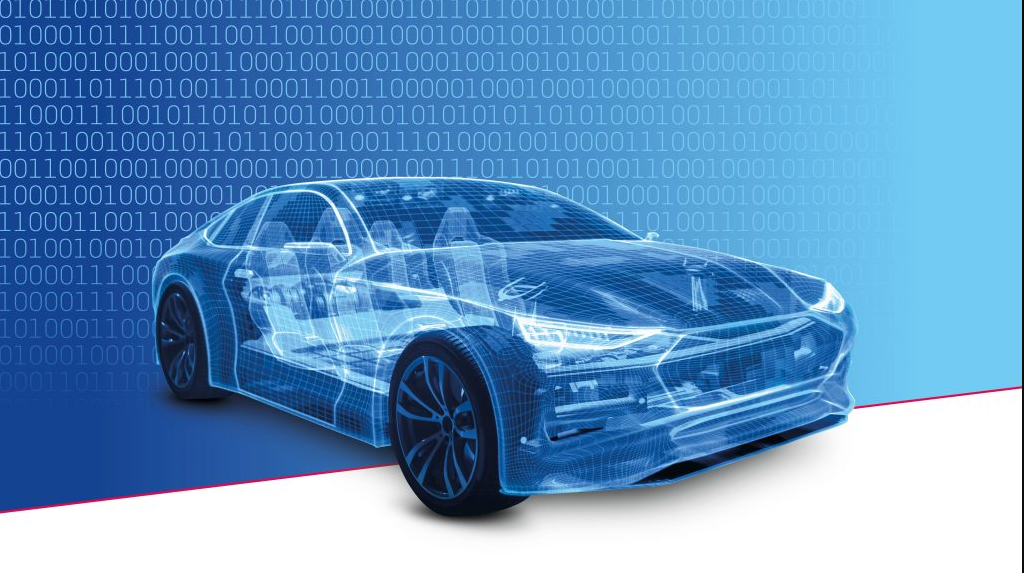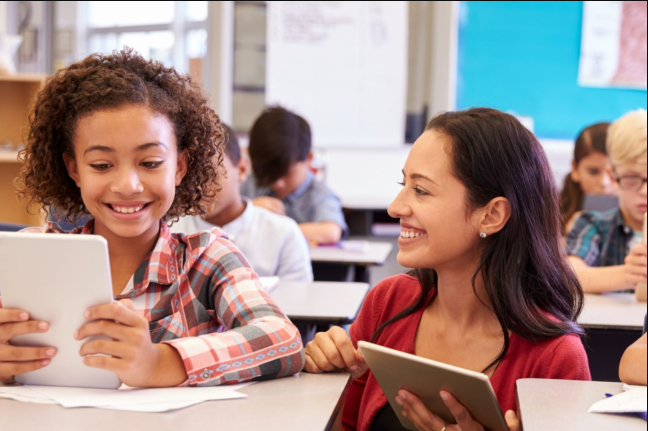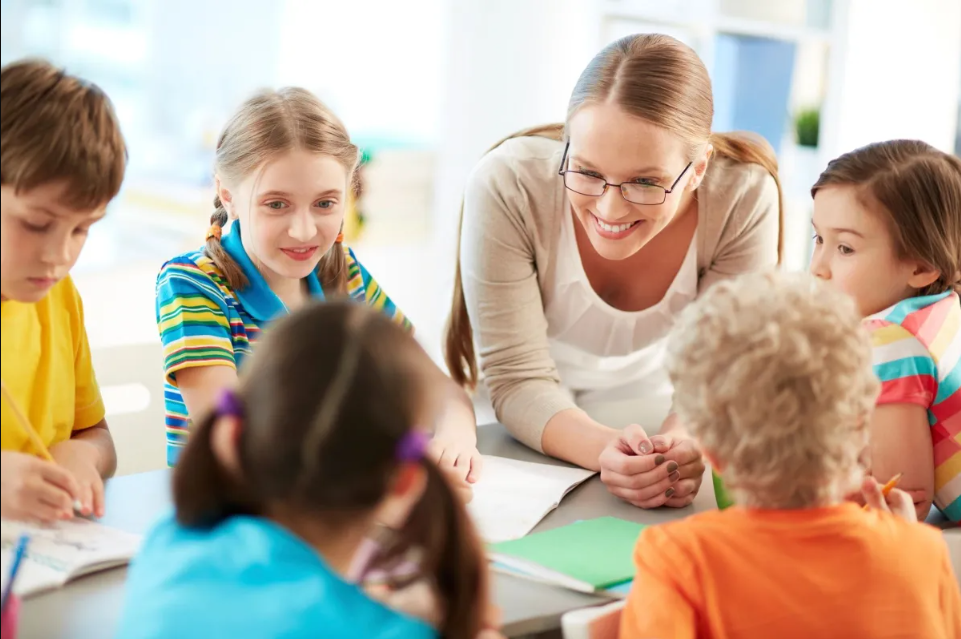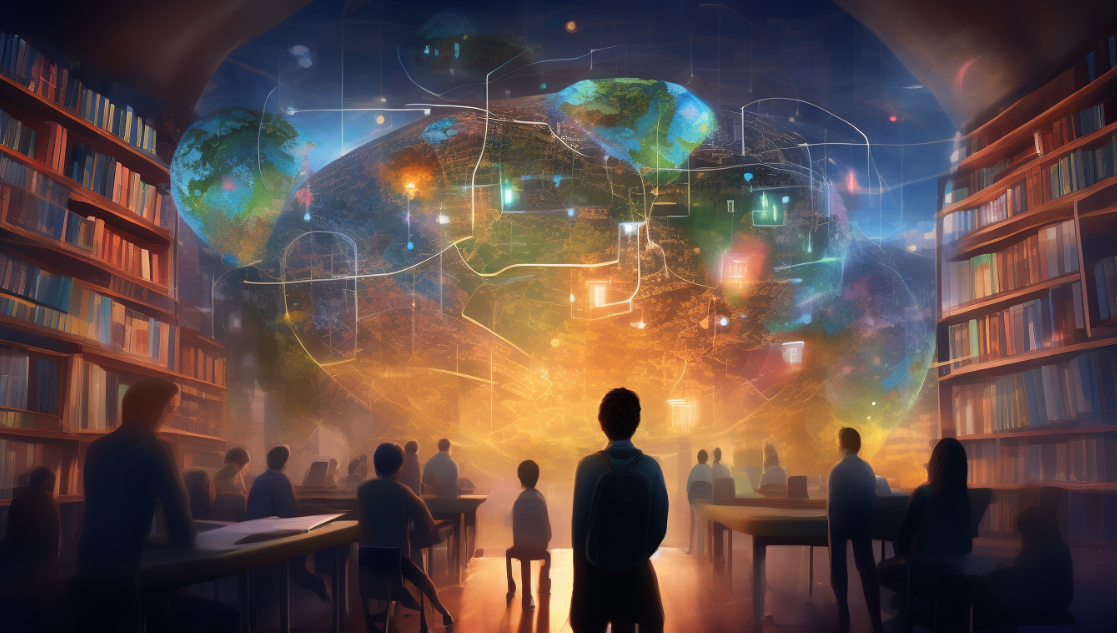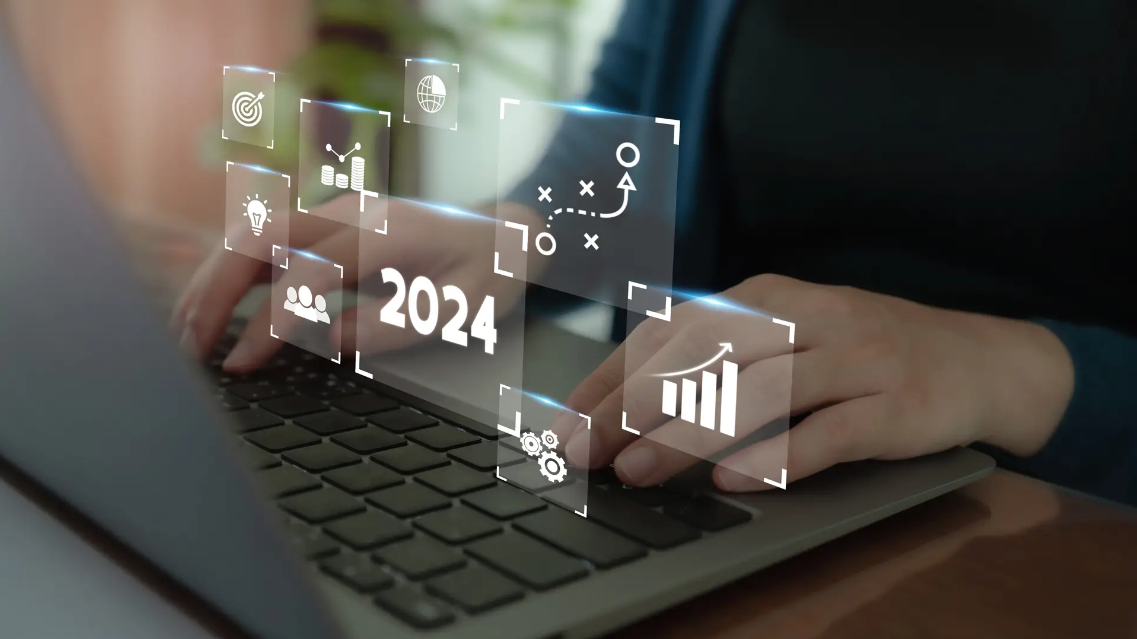Unlocking Human Potential: The Personalized Education Revolution in Today’s Classrooms
This viewpoint is long-standing and broadly accepted: all students must follow an identical curriculum, no harder and no easier. However, by using such a traditional model alone, we often forget that individual students have their own learning styles and strengths.Due to different students’ various needs, growing importance of time organization and the strengths for learning they have in these schools of today, personalized education is seen as a powerful solution to this challenge. By addressing the unique needs of each student, personalized education is able to unlock and release its full potential. This will motivate students, leaving them prepared for whatever new things all life might hold in store.
1. What Is Personalized Education?
In a sense, personalized education means allowing children to control their learning. It involves opening up learning pathways that are tailored to the student”‘s individual strengths, learning rate and interests. Personalized education, unlike the typically standardized curriculum, lets children discover their own adventures; progress as quickly or slowly as they like; and have help that is on-target for each need. these days You often hear people say, “That’s just how it is,” but trends are pointing towards such an environment as distressed youth may meet only with trouble. The true meaning of personalized education is best summarized in this little anecdote.”That child entitled himself schoolteacher”Electronics stand as both witness and midwife for personalized education. Adaptive learning platforms, for example, can assess a student’s progress in the moment and change task difficulty up or down depending upon that student’s needs. These sorts of tools give a student the experience of having his own challenges and offer a teacher new data with which to further help the student. By analyzing data from the study process, educators can make sure that each student receives a degree of difficulty and support commensurate with his development level.
2. Cultivating Student Engagement
One of the greatest advantages of personalized education is its ability to increase student engagement. When students have more control over what they learn, they naturally become more motivated and enjoy studying. Personalized education is just not spoon-feeding students; it encourages interactive communication between teacher and student. In this fashion the student dares to take on challenges. A Junior computer major wrote, “As we sat through class, we each tried to understand topics our own way and not just memorize and repeat them. We had set tasks for ourselves with our goals in mind.”
Indeed, personalized education is also tailored to the needs of individual students. Students study at different rates, perhaps with some needing extra time and support in certain subjects while others are ready for much more advanced work. When students can work according to their own speed, the pressure and frustration of forcing them to follow a rigid timeline are reduced. This personalized approach helps raise students ‘ confidence as they succeed in areas where they could hardly have made headway in a traditional classroom setting.
3. Building Critical Skills for the Future
Beyond this ‘open classroom’reorganization, personalized education also prepares students for their futures by helping them acquire a host of essential skills. These include critical thinking and problem-solving, which are increasingly important as the world changes and new social problems arise in response; individual motivation is another key skill to develop further. Personalized education fosters in learners a sense of responsibility and self-direction.
In project-based learning, a widelyaccepted method of personalized education, students work on real-world problems that interest them. This not only makes learning more relevant and exciting but is all the more beneficial for also paving their way to success in an ever-changing laborforce.
4. Addressing Diverse Learning Needs
One of the main themes of personalized education is to take into account the different learning needs arising from all students. Every classroom has children from different backgrounds, with different learning styles and at different levels of ability. The traditional education system often fails to meet the needs of all its pupils and results in some children falling behind whilst others are not sufficiently challenged. Any new practices such as these must take the full measure of the needs of the learners and make efforts not to repeat previous cycles.
With individualized instruction, teachers can offer students the help they need. Whether this means working one-on-one or in small groups, what it comes down to is equally distributed support and resources for all who want them.There is also a bonus side effect. The method not only assists underachievers but will also allow the better students to advance at a faster pace for more challenge and excitement. 5. Educators and Students Together Become More PowerfulPersonalized education also empowers teachers by providing them with all the tools and data they need to understand each student’s learning journey better. Instead of fixing rigid curriculums, teachers now can pay attention to where students require the most support and provide it there. They are free to offer extra help, tutorials, and rationalization or reinforcement as necessary. This flexibility makes for educators who are more effective at meeting individual needs, which is reflected in better results from pupils.Personalized learning also fosters in students a sense of ownership and responsibility for their own education. By setting their own goals and aspirations, evaluating their progress, and making decisions about how to go on, students acquire self-confidence and Figure
5. Conclusion Self-directed learning skills. Personalized education holds the potential to unlock the potential of each and every student. By adjusting instruction to fit each individual’s strengths and needs, it not only can encourage student learning but also empowers fundamental skills for the future. In a world of increasing diversity and complexity, personalized education provides an adaptable, inclusive way to settle into life learning–and therefore gives students the best possible foundation for long-term success.


